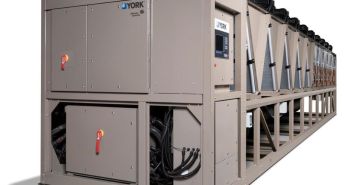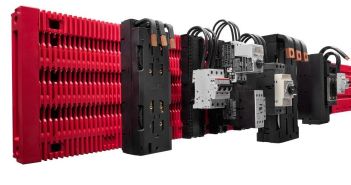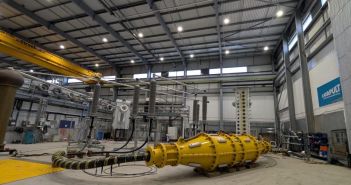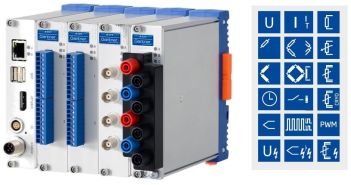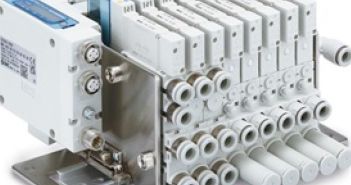The widespread adoption of digital processes in our society and economy has brought about numerous benefits, but it also poses a challenge in terms of environmental sustainability. The energy consumption associated with digitalization can result in increased CO2 emissions, highlighting the need for a sustainable digitalization strategy to mitigate these negative impacts.
The Dual Nature of Digitalization in Industry
The digitalization of the industry presents both advantages and challenges in terms of energy efficiency. On one hand, it offers significant opportunities to improve energy efficiency. On the other hand, the increasing use of computers, servers, data centers, and other electronic devices can lead to higher energy consumption. This necessitates additional energy resources to meet the growing demand. To address this, a sustainable digitalization strategy is essential to minimize the negative impact on the environment and reduce carbon emissions.
Inefficient use of digital technologies can lead to an increase in energy consumption and resource usage. To minimize this impact, it is crucial to adopt a sustainable digitalization strategy that focuses on optimizing infrastructure and implementing technologies that reduce the CO2 footprint. By streamlining processes and improving energy efficiency, companies can reduce their environmental impact and contribute to the fight against climate change.
The SEF Smart Electronic Factory e.V. association focuses on developing and testing innovative energy-monitoring and energy-management solutions. These solutions aim to assist companies in achieving energy savings, improving resource management, and optimizing processes. By implementing intelligent control and monitoring systems, the organization enables the reduction of energy consumption and encourages sustainable practices. Through these efforts, the industry can play a significant role in conserving resources and combating climate change.
In the field of PCB manufacturing, the SEF Smart Electronic Factory e.V. has successfully demonstrated how sustainability and energy efficiency can be promoted in factories. By implementing optimized testing processes and employing image recognition technology during the manual press fitting of high-current contacts, the rate of rejected products has been significantly reduced. This has resulted in reduced costs for raw materials and energy, improved product quality, and a decrease in the number of customer complaints. Furthermore, energy consumption has been reduced through minimized product returns and re-shipments.
Christina Hild emphasizes the benefits of sustainable practices, stating that they not only benefit the planet but also enhance the competitiveness and profitability of businesses. Digitalization presents significant opportunities to reduce environmental impact and improve efficiency and sustainability in the industrial sector. It is up to us to harness these potentials and adopt a sustainable digitalization strategy.




